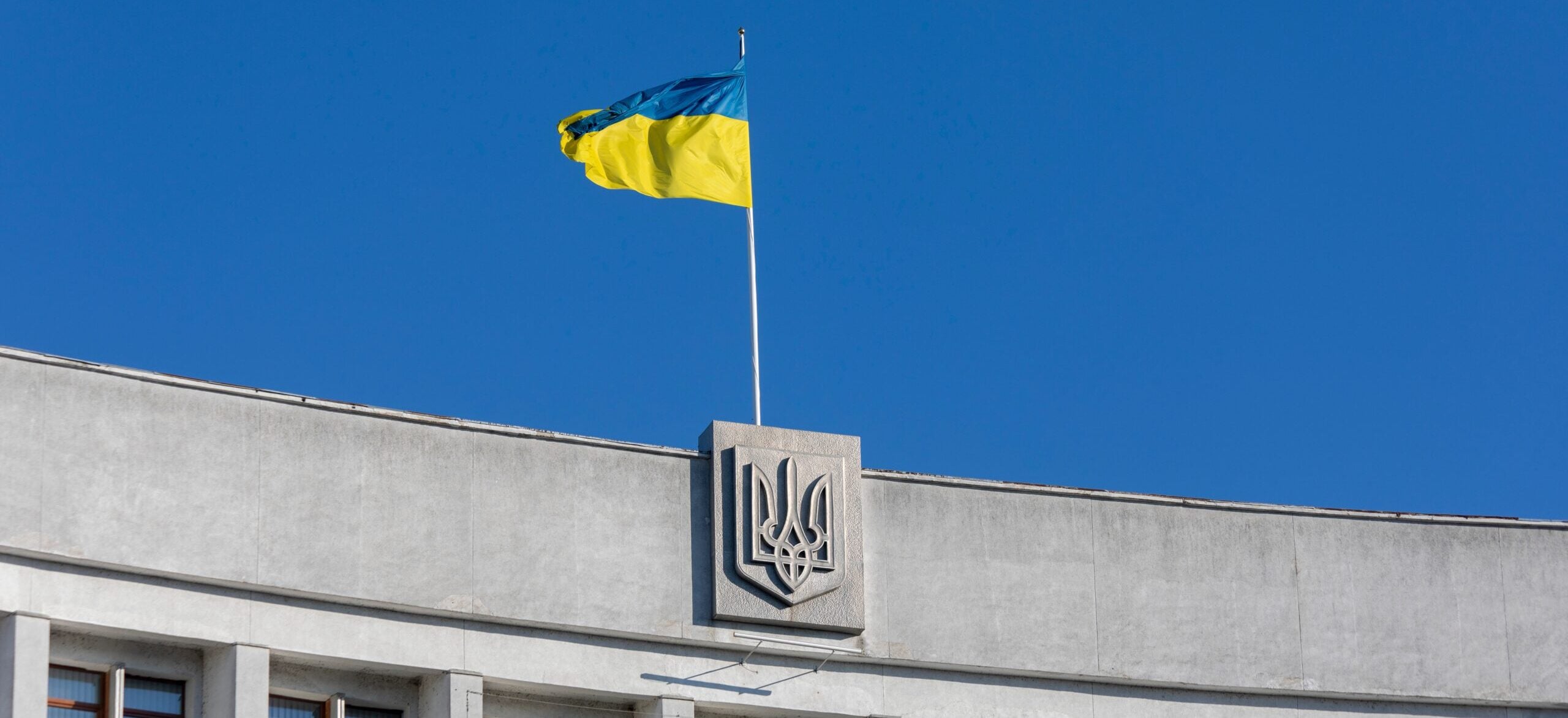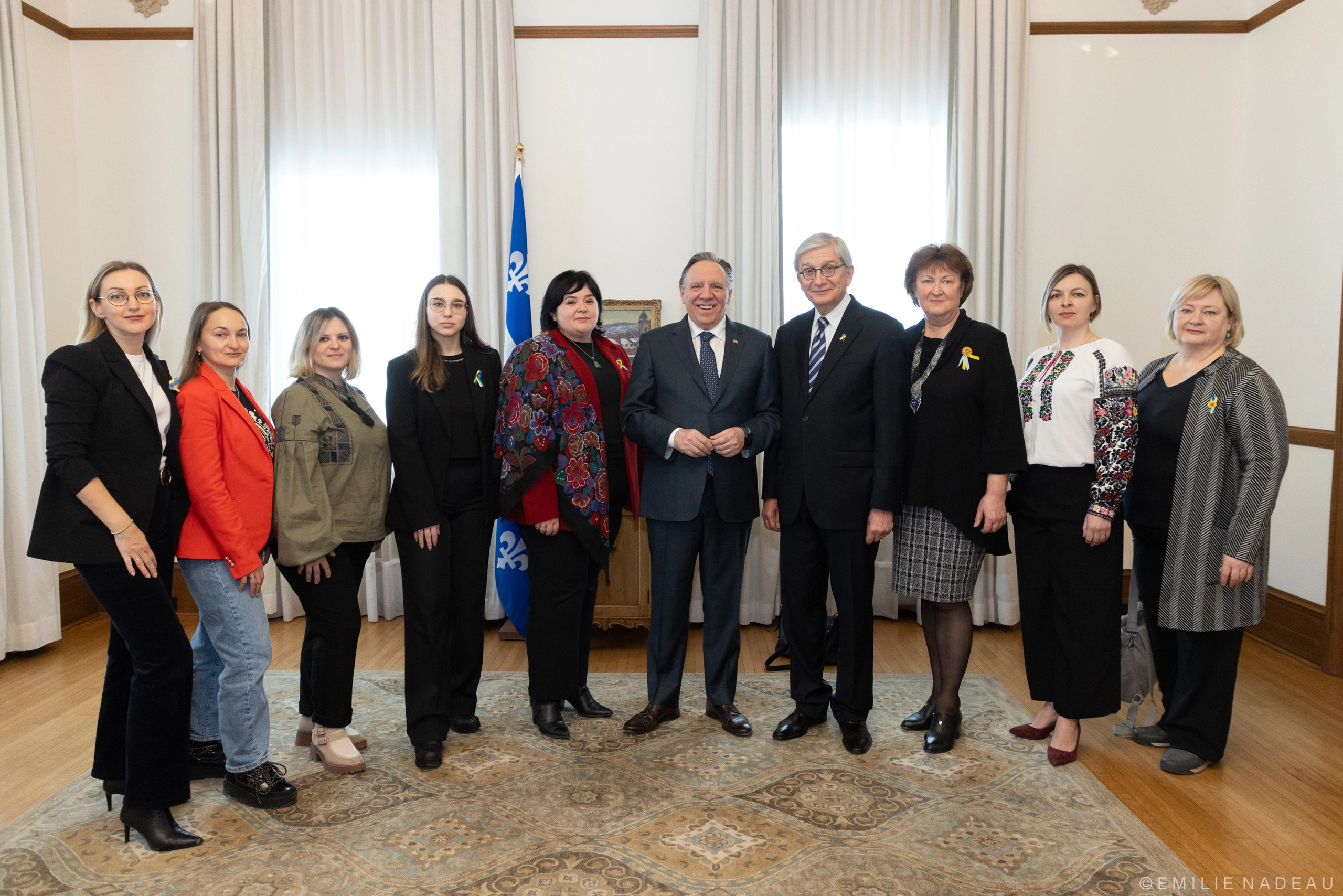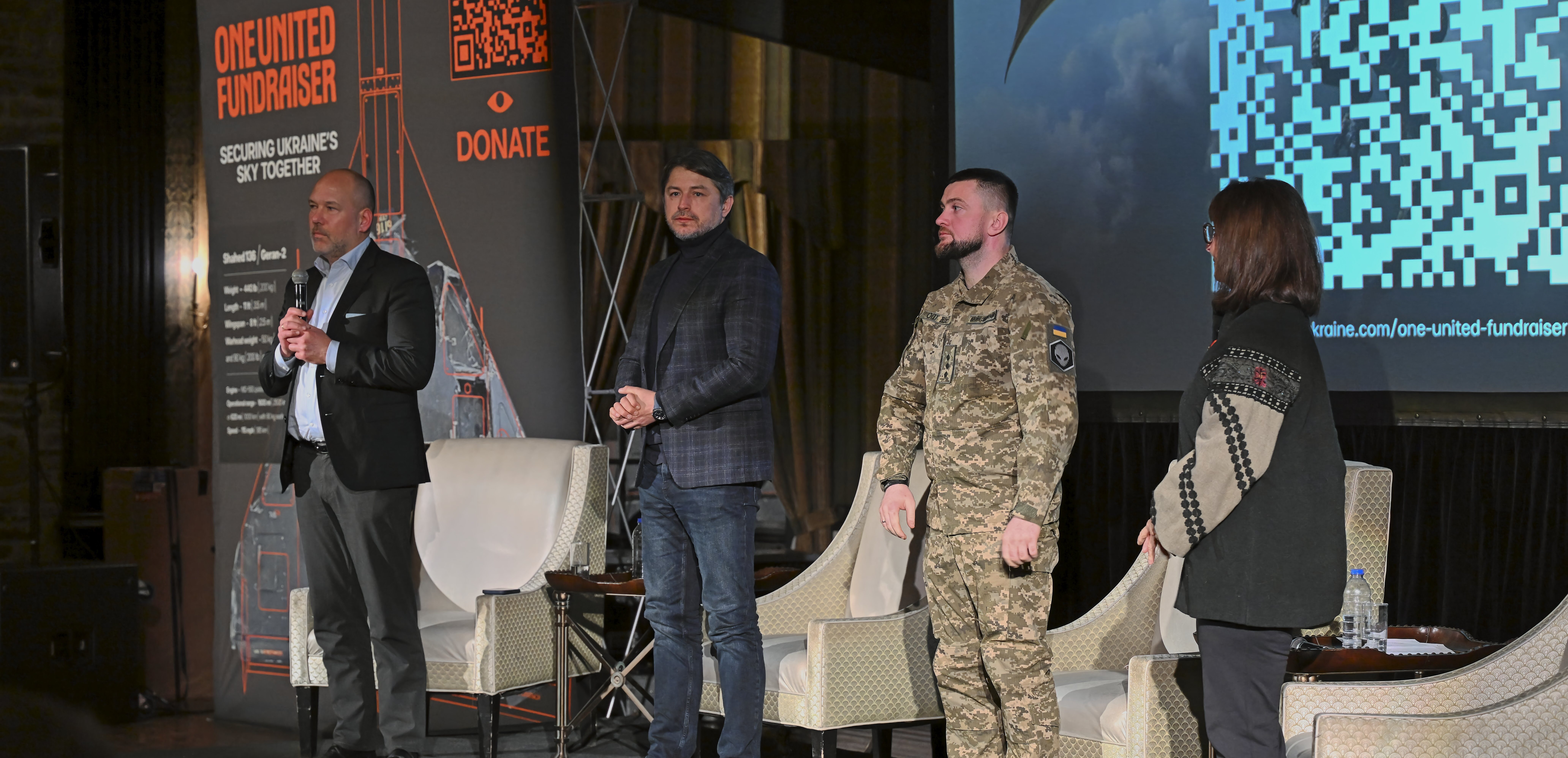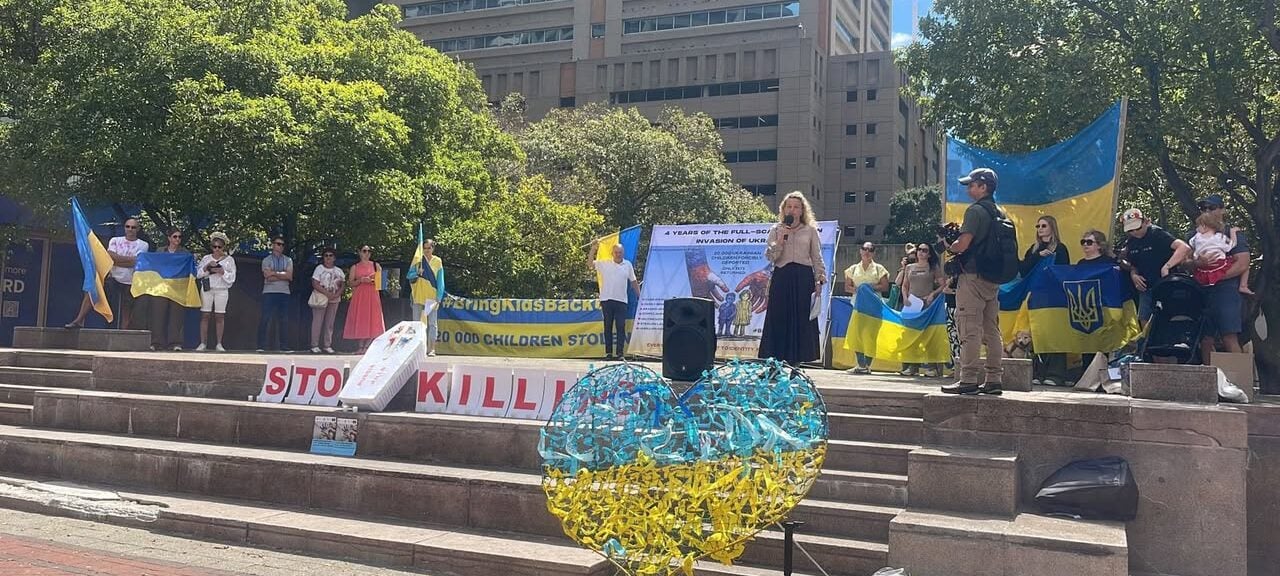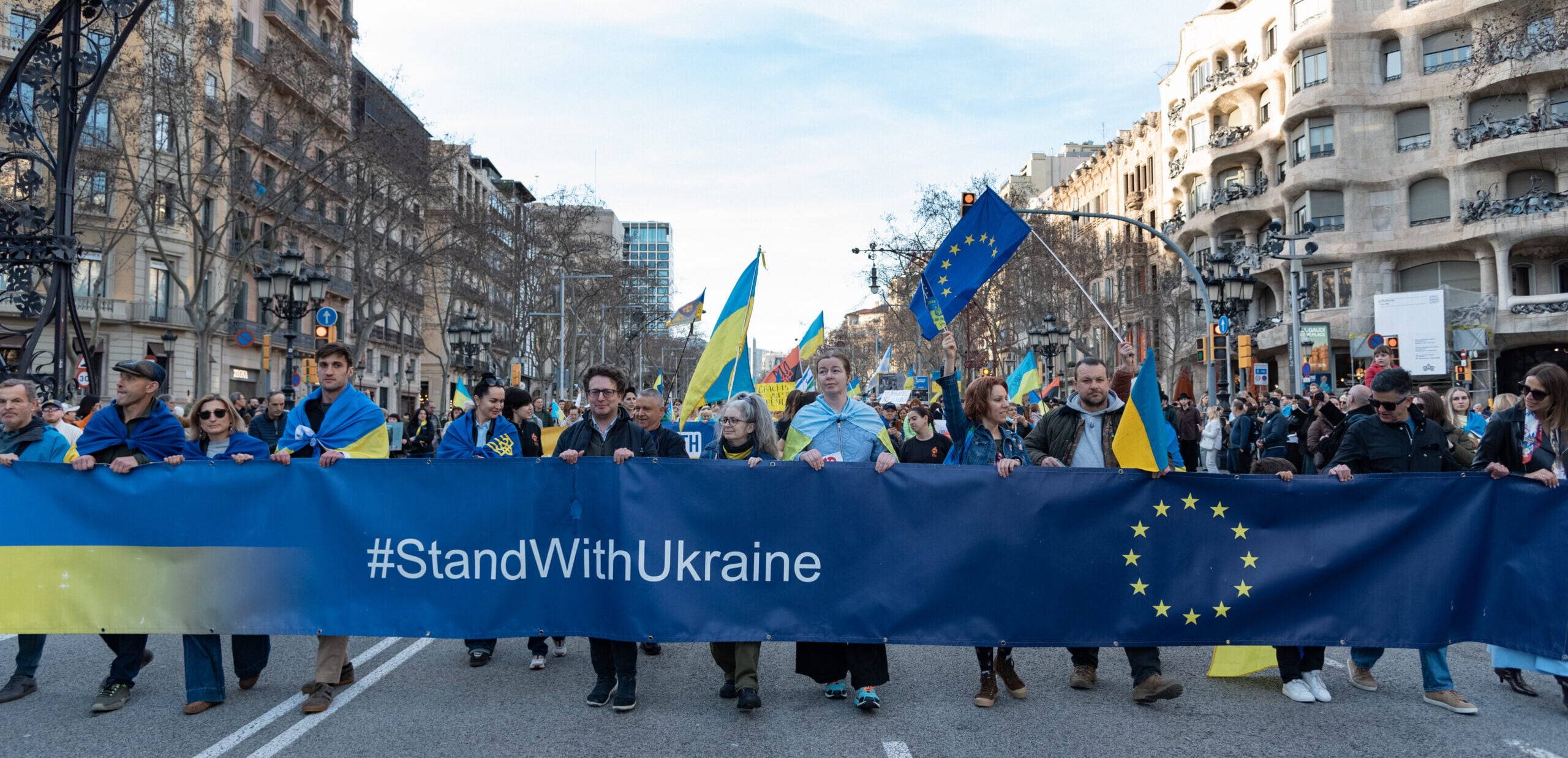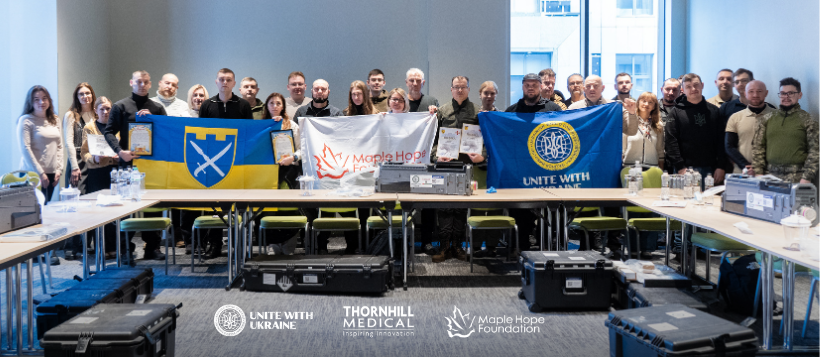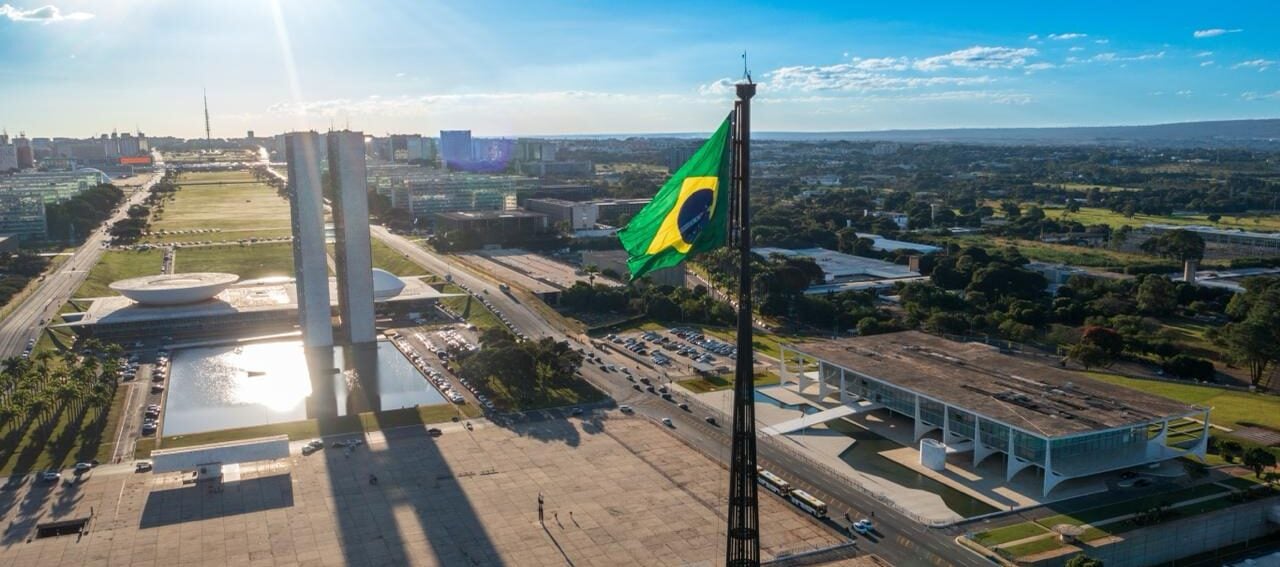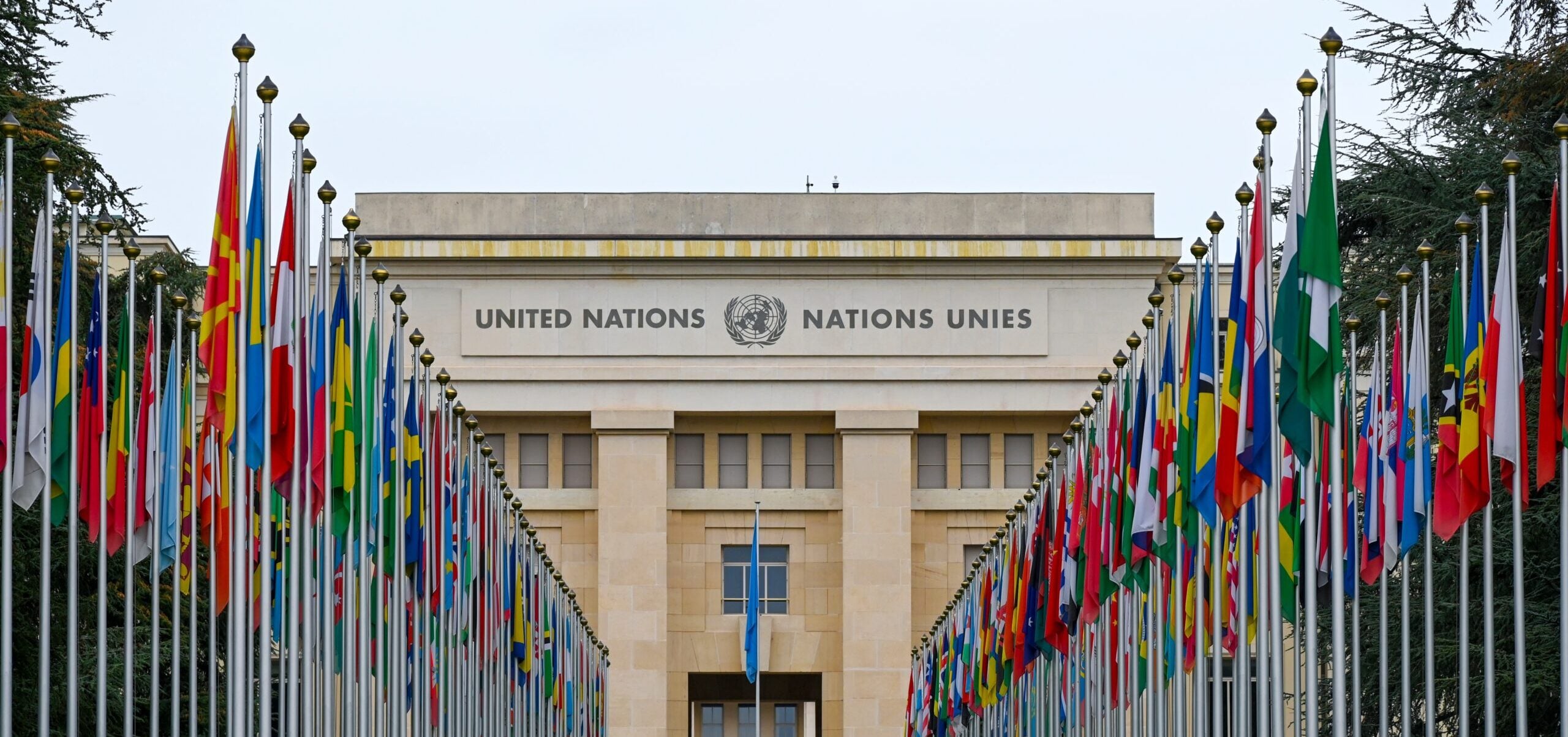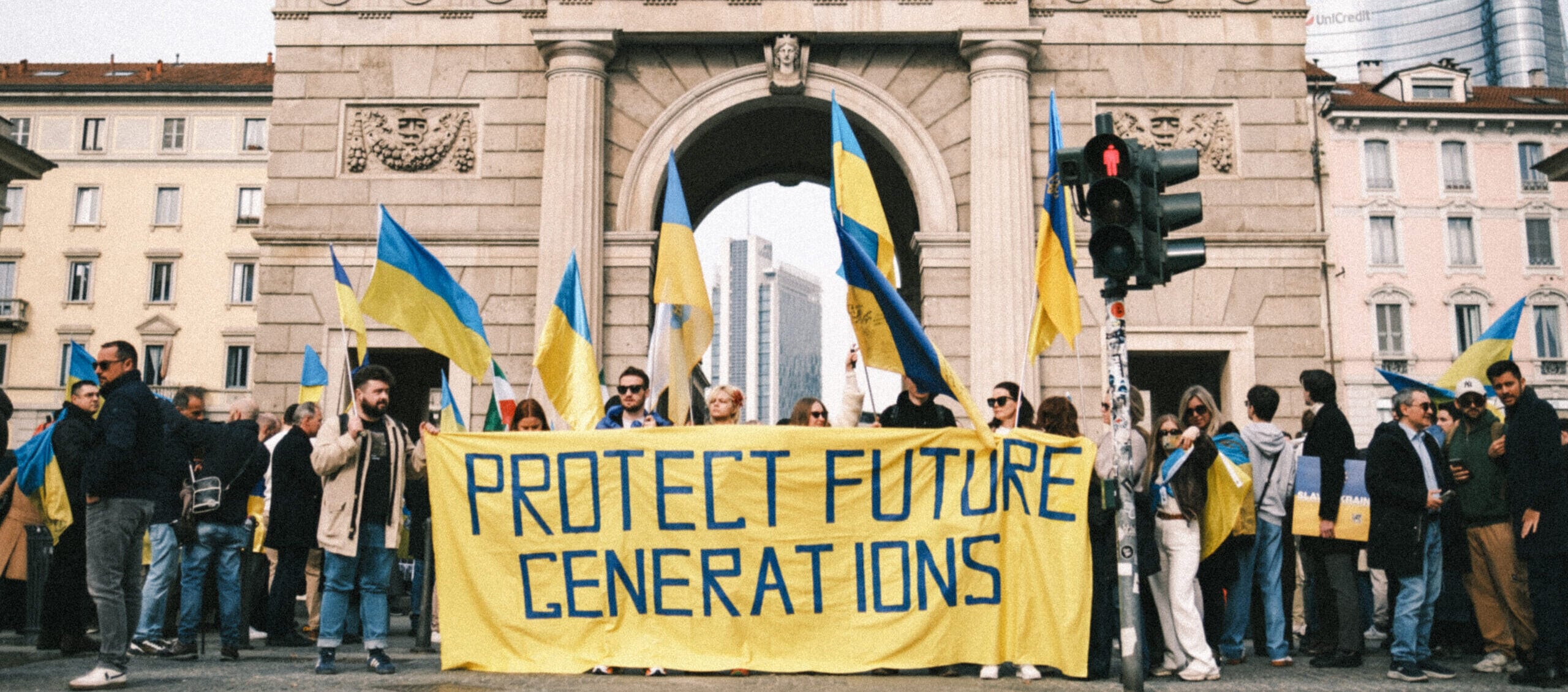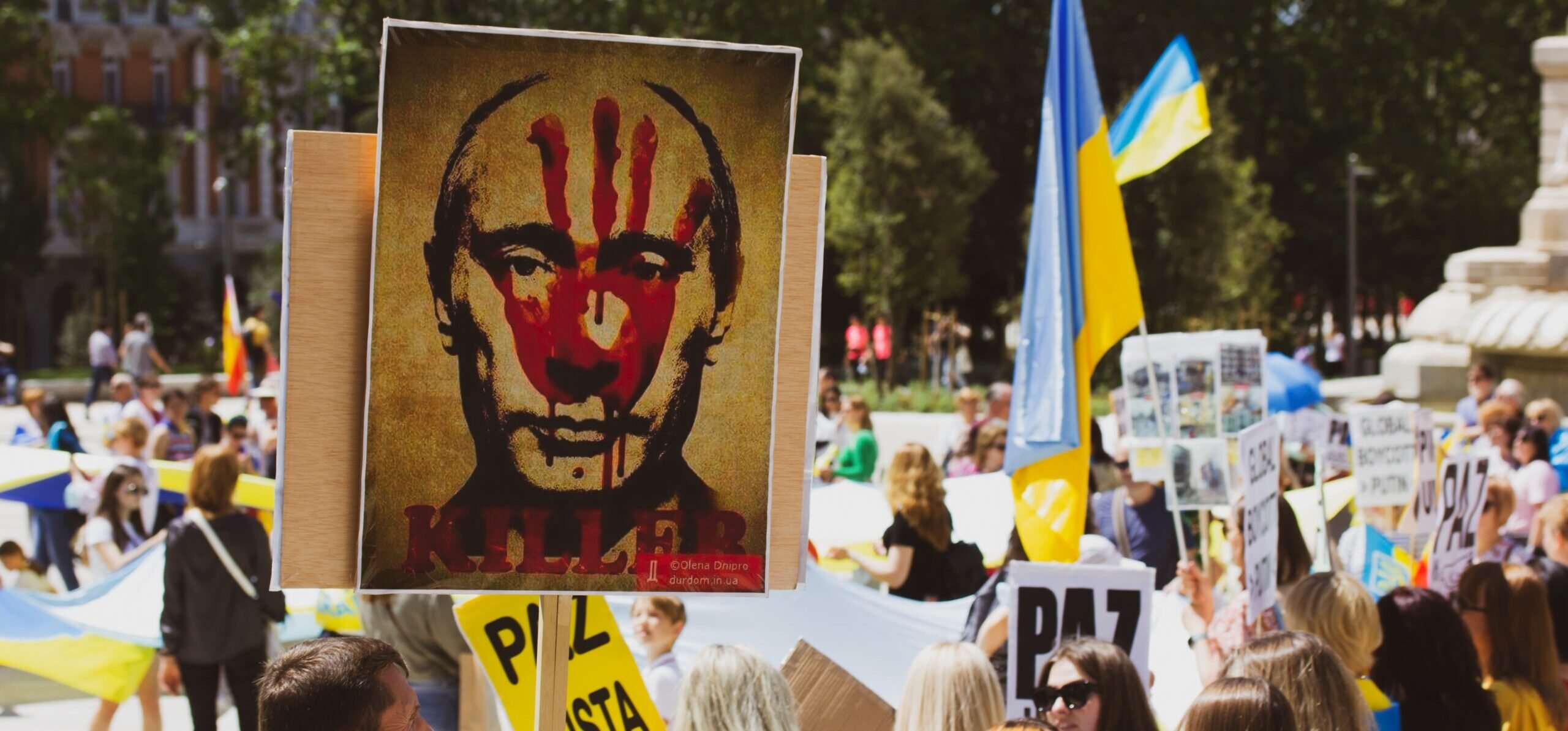

by Kate Turska, Co-chair of the Ukrainian Association of New Zealand (North) and the head of Mahi for Ukraine
How do you spot a Russophobe?
In Moscow’s dictionary:
- A Russophobe is a Ukrainian.
- Or anyone who identifies as Ukrainian.
- Or anyone, who dares to support Ukraine.
How do you spot a Nazi?
Exactly the same:
- A Nazi is a Ukrainian.
- Or anyone who identifies as Ukrainian.
- Or anyone who supports Ukraine in any way.
It might sound ridiculous, but this is precisely how Russia frames it. Not metaphorically — literally. In their political vocabulary, “Russophobe” and “Nazi” are almost interchangeable labels for anyone who refuses to accept Russian dominance.
This is not just a propaganda line that started in 2014. It’s the continuation of a centuries-long effort to erase Ukrainian identity.
For generations, Russia has waged a campaign of destruction against Ukrainian culture, language, and nationhood. From imperial bans on Ukrainian publications and education, to the Soviet purges that wiped out the Ukrainian intelligentsia, to the Holodomor (the most widely recognised of multiple genocides against Ukrainians) Moscow has treated Ukraine’s existence as an “error to be corrected”.
Russification wasn’t just about language — it was about identity. It was about convincing both Russians and Ukrainians that Ukraine was not truly a nation, that Ukrainian culture was secondary, provincial, or derivative. Over centuries, Russia built an entire imperial mythology to justify this — the idea of “brotherly nations,” of a “shared history,” of a “greater Russian world”, all myths of Russian propaganda.
They believed it. They genuinely thought they had succeeded. That’s why 2014 came as a shock to them.
When Ukrainians stood up to a corrupt, pro-Russian regime during the Revolution of Dignity, it was something Moscow could not comprehend. Because the existence of civil society, the ability of ordinary citizens to self-organise, to protest, to demand accountability — is something the Russian system cannot imagine, let alone tolerate.
Moscow expected submission. Instead, it saw resistance.
That resistance shattered the illusion that Ukraine was just an obedient satellite. And so, the propaganda machine went into overdrive. If Ukrainians refused to be ruled, they must be Nazis. If they rejected Moscow’s control, they must be Russophobes.
This wasn’t a misunderstanding — it was a reflex. Because for Russia, anyone who acts outside the Russian sphere of obedience becomes “anti-Russian” by definition.
Then came the “Myth That Justifies Everything”.
The “Nazi” label became a tool to justify aggression, dehumanisation, and genocide. It’s how Russia sells war to its own population. It’s also how it tries to confuse and demoralise outsiders, to make them hesitate before supporting Ukraine.
In 2014 and even at the start of 2022, some of that propaganda still worked. The world hesitated. But today, it only convinces the deliberately ignorant, those who refuse to learn anything real about Ukraine. Anyone who knows even a little about Ukrainian society understands that the far-right is not only marginal, it’s smaller and less influential than in most of Europe and has no meaningful political power.
The myth persists not because it’s credible, but because it’s useful to Moscow. It serves as a moral blank cheque for every atrocity. If Ukrainians are “Nazis,” then anything can be done to them.
The absurdity goes deeper. For centuries, Russia has treated Ukraine not as a neighbouring nation but as a colony whose people must be “corrected” into being Russian. Every time Ukrainians assert their identity, Moscow calls it extremism. Every time Ukrainians demand sovereignty, Moscow calls it betrayal.
Ukrainians saying we want to speak our own language is framed as “provocation”. Ukrainians saying we want our own culture, and our own state is branded as hostility. Ukrainians are “Nazis” simply for wanting to be Ukrainian and refusing to submit. Think about that.
In any other country, national identity and cultural pride are seen as normal. You can be proud of your language, your history, your culture. No one calls the French “Nazis” for speaking French. No one calls the Mexicans “Nazis” for preserving their traditions. But when Ukrainians say, we are Ukrainian, and we want to live as Ukrainians, it suddenly becomes a threat. That is completely illogical, right?
Why? Because for Russia, Ukrainian identity itself is the threat. It proves that centuries of colonisation and propaganda failed.
But what about the “Russian Speakers” one might ask? Another Russian myth.
The supposed “suppression of Russian speakers” — is pure propaganda. Ukrainians, in daily life, speak both Ukrainian and Russian. They always have. The issue has never been about banning Russian speech. It’s about ensuring that Ukrainian (the language of the nation) has its rightful, official place in our own country.
That’s normal. That’s what every other country does. Having an official national language is not oppression. It’s sovereignty!
For much of modern history, Ukraine’s “yes” to Moscow was coerced — first through empire, then through the Soviet Union, then through post-Soviet influence. It took time for that coerced “yes” to turn into a definitive “no!”
But when Ukrainians finally said no, they meant it. And they continue to mean it, every single day. That no is not about “choosing the West”. It’s not about NATO or the EU. It’s about choosing to be Ukrainian. About choosing freedom over subjugation, dignity over dependency, identity over erasure, and over Russian colonialism.
And that is something Moscow cannot forgive.
The next time you hear someone call Ukrainians Russophobes, Nazis, or extremists – pause. Remember — these words are the language of empire, of propaganda, of centuries of denial.
Ukrainians are not Russophobes. Ukrainians are not Nazis. Ukrainians are people who refuse to disappear under Russian subjugation.
Russia has spent centuries trying to erase us, through war, famine, propaganda, and cultural extermination. And still, we exist, we resist, still, we say no.
And we will keep saying no!
Cover: Shutterstock
